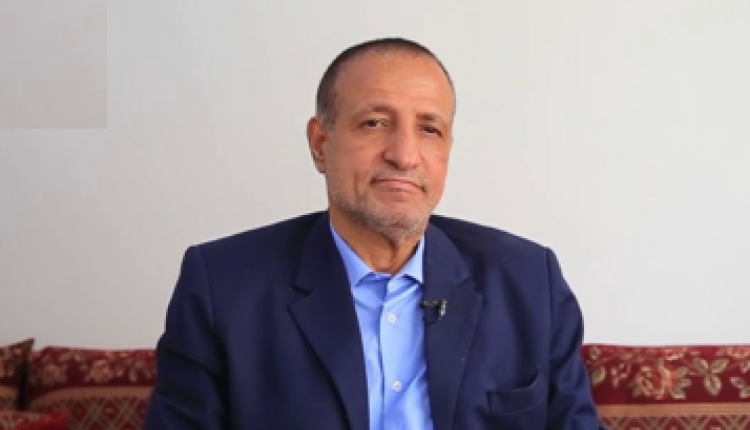Aden Governor Condemns Saudi-Emirati Attempts to Seize Control of Aden Port
Governor of Aden, Tariq Salam, has condemned the actions of Saudi-Emirati forces, labeling their attempts to lease the port of Aden as hostile and unacceptable. Governor Salam has warned these regimes against continuing their efforts to destroy Yemen’s resources, plunder its wealth, and infringe upon the rights of the Yemeni people and their sovereign projects.
He pointed out that the Emirati ambitions towards the port of Aden and Yemeni ports did not emerge suddenly, but rather they have mobilized all their resources and capabilities to destroy it. They exploited licenses and the workforce of previous regimes to gain control over it.
Salam emphasized that the Yemeni people reject this step, pointing out that Emirati ambitions towards the port of Aden and other Yemeni ports have long been in motion. He accused the UAE of using licenses and the workforce of previous regimes to gain control over the port.
He described the actions of the coalition’s mercenaries as blatant and illegal, characterizing them as hostile acts against the Yemeni people and signs of the coalition’s desperation.
Aden Port is a crucial maritime port in the Gulf of Aden and was once ranked as the second-largest refueling port globally after New York.
In 2015, Saudi and Emirati forces entered the city of Aden from Bir Ali, citing the need to repel the “Houthi-Iranian” intervention and “secure international navigation”. It didn’t take long after the arrival of these forces for the new British-style experiment to take shape.
This comes amid escalating anger and popular discontent among citizens in the occupied southern and eastern provinces due to the collapse of the electricity system in many of these provinces. The pro-aggression government has failed to provide the necessary fuel to operate power plants and save citizens from the intense summer heat.
The Saudi-Emirati ambition in Yemen faced a southern awakening, which began on the island of Socotra when thousands protested against turning the island into a dependency of Abu Dhabi. Then came the uprising of the people of Al-Mahra in July, demanding sovereignty over the province and rejecting foreign control over the city. The protests expanded to reach the city of Aden, where the UAE has deployed over thirty thousand local military personnel loyal to them.
Hundreds took to the streets demanding the departure of the “coalition” forces from the south, a situation that analysts have compared to the protests in the 1960s against British presence, which laid the foundation for armed struggle in the south.

